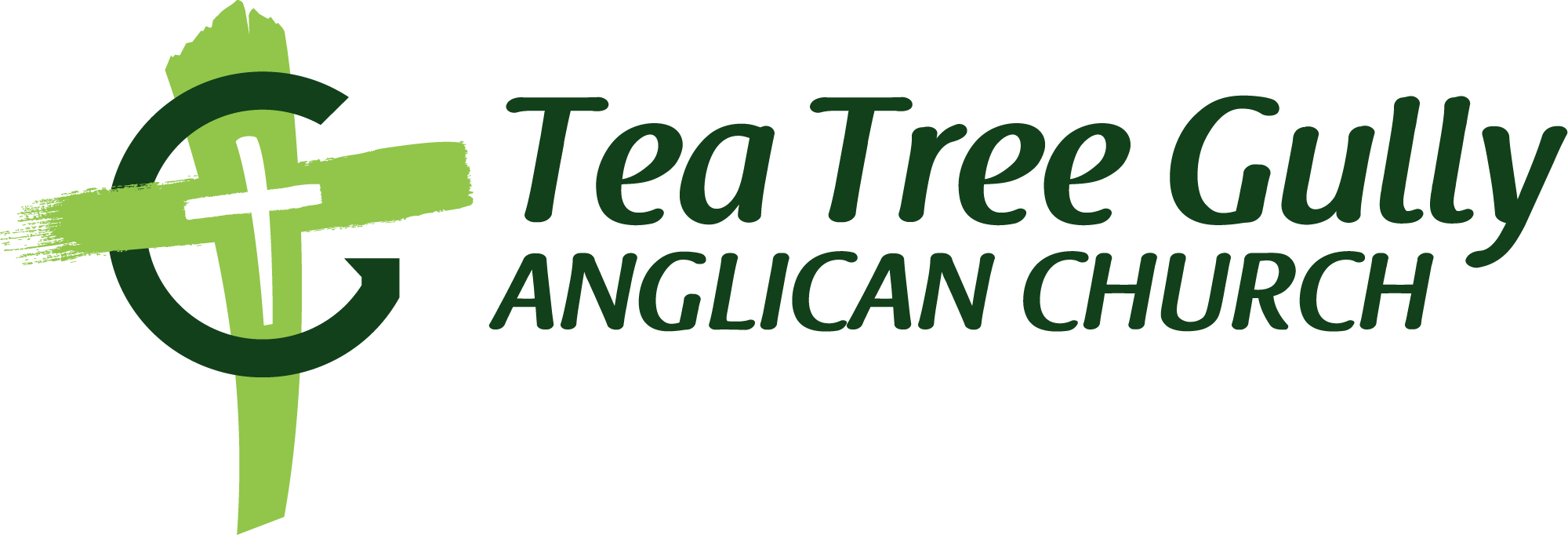Today we begin a series on an interesting peculiarity in Matthew’s genealogy of Jesus Christ: the inclusion of five women. Matthew’s genealogy is a theologically important family tree which establishes the line of Jesus directly from Abraham through David. The family tree demonstrates that Jesus really is the Messiah, the fulfilment of the promises God made to Abraham and to David. It is surprising then that Matthew includes women in his list and the obvious question is why?
Over the next five weeks we will be looking at each of these women- Tamar, Rahab, Ruth, Bathsheba and Mary, and seeing how God used each of them to bring about his salvation. In each story God is powerfully at work in the midst of human sinfulness, in the lives of individuals, and often in the least expected way. God is not just at work when we are in prayer, or when we are at church; he is at work in the mundane, in the nitty-gritty and in those moments when we feel furthest from him!
Today I want to look at three surprising things about the women Matthew includes in his history of Jesus’ ancestors:
- Unexpected Women: If you were going to single out the five most important women in the Old Testament, you might have Mary and Ruth, but you certainly would not include Tamar, Rahab or Bathsheba. What about Sarah? Or Rebecca? Or Rachael and Leah? Surely Esther would get a mention or Deborah who was both judge and prophet? But no, Matthew chooses to include these five, seemingly unimportant women intentionally.
- Gentile Women: Four out of five of these women are gentiles (non-Jews). This is surprising because the Old Testament Law explicitly prohibited marriage between Jews and gentiles. Time and time again this is emphasized and the penalty for disobedience is shown to be severe. In choosing these women, Matthew seems to be highlighting the ‘taint’ in Jesus’ royal line.
- Scandalous Women: Again, four out of five women are associated with sexual immorality, whether real or perceived. Only Ruth appears to escape this. Given the strict moral code of the Old Testament this is not what you would be expecting in the genealogy of the Jesus Christ – we’d expect Jesus to come from a ‘pure’ line and yet his entire family history is riddled with sin!
These three surprises reveal some great truths about God:
- We learn that God uses the unexpected in this world- the broken, the fragile, the unimpressive, the persecuted and the frightened to achieve his goals. Feeling inadequate? – Watch out, God may have big plans for you in store!
- God’s salvation is for all people, no matter what race, social background or even what sins you have committed. Jesus came and died for all people to make a way for anyone to have a relationship with God the Father
- God can and does use even our sinfulness and immorality for good. In the coming weeks we will see how he uses the brokenness of these women and their situations to bring Jesus into this world, to save and redeem them.
What an amazing God!
